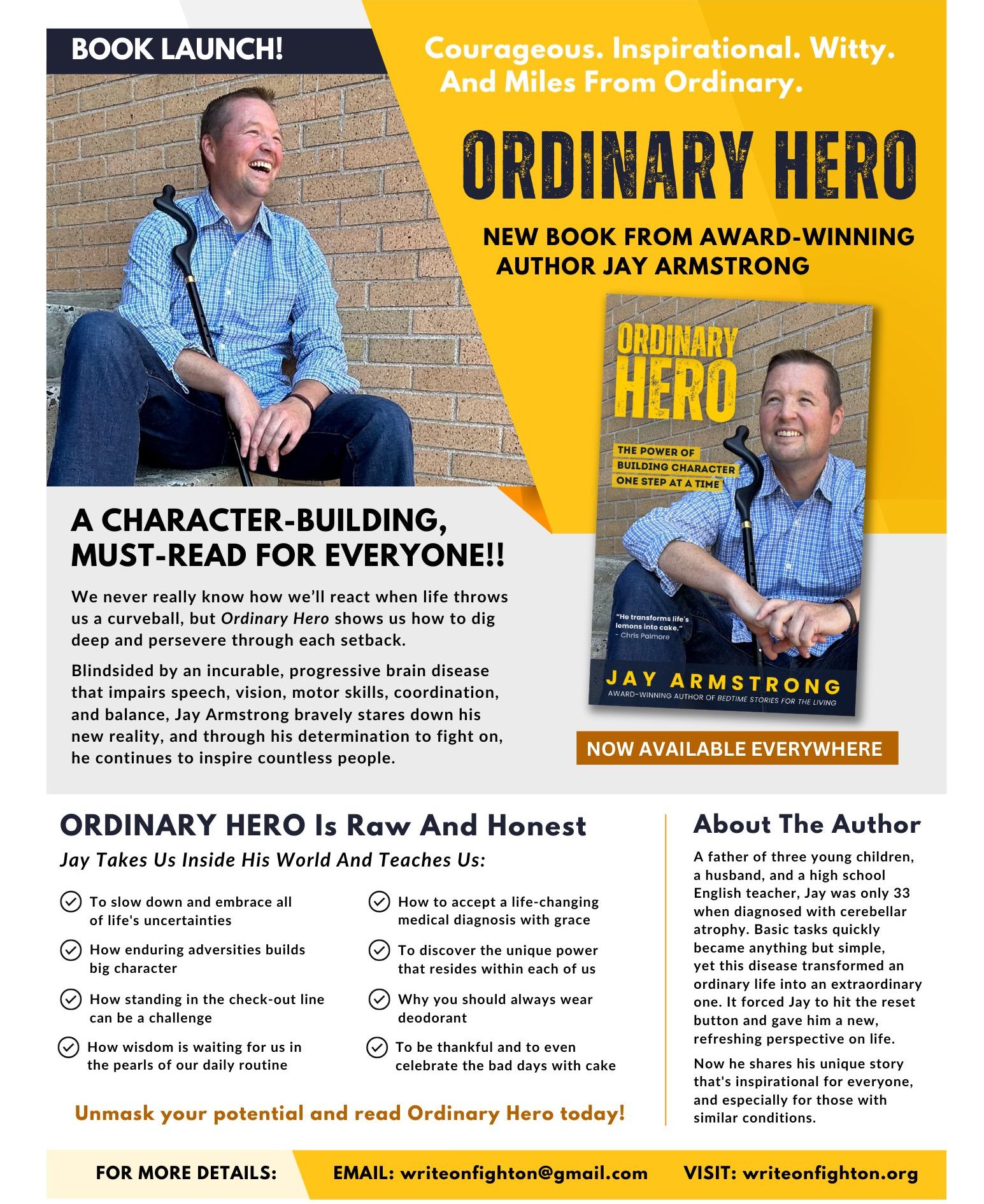Are you self-compassionate?
Last week, while visiting family in suburban Tennessee, I read 13 Things Mentally Strong People Don’t Do by Amy Morin.
Morin’s book, one I would highly recommend, offers practical advice on how to effectively overcome setbacks and to thrive on adversity.
On the last day of our trip, my son Chase developed swimmer’s ear.
With his head in my lap, watching cartoons and moaning when the pain spiked, I rubbed his back, attempted to comfort him while turning over one of Morin’s quotes,
“Self-compassion may be the key to reaching your full potential.”
As a parent there’s an intrinsic desire to fix your children. To take extinguish their pain because when they hurt you hurt.
So why when we, the adults, suffer– why do we isolate ourselves? Why are we shamed by our pain? Why do we deny help? Why do we mask our pain with pills, with silence, with excuses?
I’ve learned that most adults, though compassionate toward others, are not terribly compassionate toward themselves. Instead we compound our own problems, we victimize ourselves and further deepen our suffering.
When we hurt, do we treat ourselves with same amount of compassion we treat our children? Or are we harder on ourselves? Do we ignore and suppress our pain? Are we our harshest critic?
Compassion, by definition, means to “suffer with”. Self-compassion is the act of rubbing your own back and reminding yourself it will be okay.
By practicing self-compassion, by forgiving yourself for your shortcomings, failures and pain you’re giving yourself permission to endure, to forge ahead, to live a courageous life.
Be well,
Jay


